The straightforward plot of “The Son” highlights the characters’ emotional journeys through understated acting and a realistic visual approach. The Dardenne brothers’ realistic aesthetic captures the Simple behavior of everyday people while probing the main aspects of motivation and compassion.
Which decent people but poorly made and relies on pity for people who seem to be living in a parallel universe where kids have never had to deal with mental health issues is in stark contrast to that sequence, which is nearly a complete story in and of itself.
It zigzags seemingly for no reason. A washing machine spinning repeatedly and then remaining motionless is a pointless metaphor, is repeated images of characters who are not paying attention to what happens because they are engaged in thinking about an issue else.
Peter is a very successful businessman who holds crucial financial meetings in a spacious office with stunning views across the Manhattan skyline. He is wed to Beth (Vanessa Kirby), with whom he has a child by the name of Theo.
Their house is a lovely one with elegantly exposed brick walls. Peter is grinning at them as Beth sings a lullaby to put Theo to sleep at the start of the film. They are an ideal, content family. The doorbell is then ringing by Kate. So, here I will discuss 12 movies that you should watch if you have seen The Son.
1. The Father (2021)
A superb Hopkins struggles to make sense of this confusing jumble of the past and present, delivering a performance that is occasionally both captivating and fierce. His style is incredibly precise since he needs to portray a broad spectrum of feelings and emotions, but it also exhibits a special gentleness and openness for him. It represents some of Hopkins’ extensive and illustrious career’s best work.
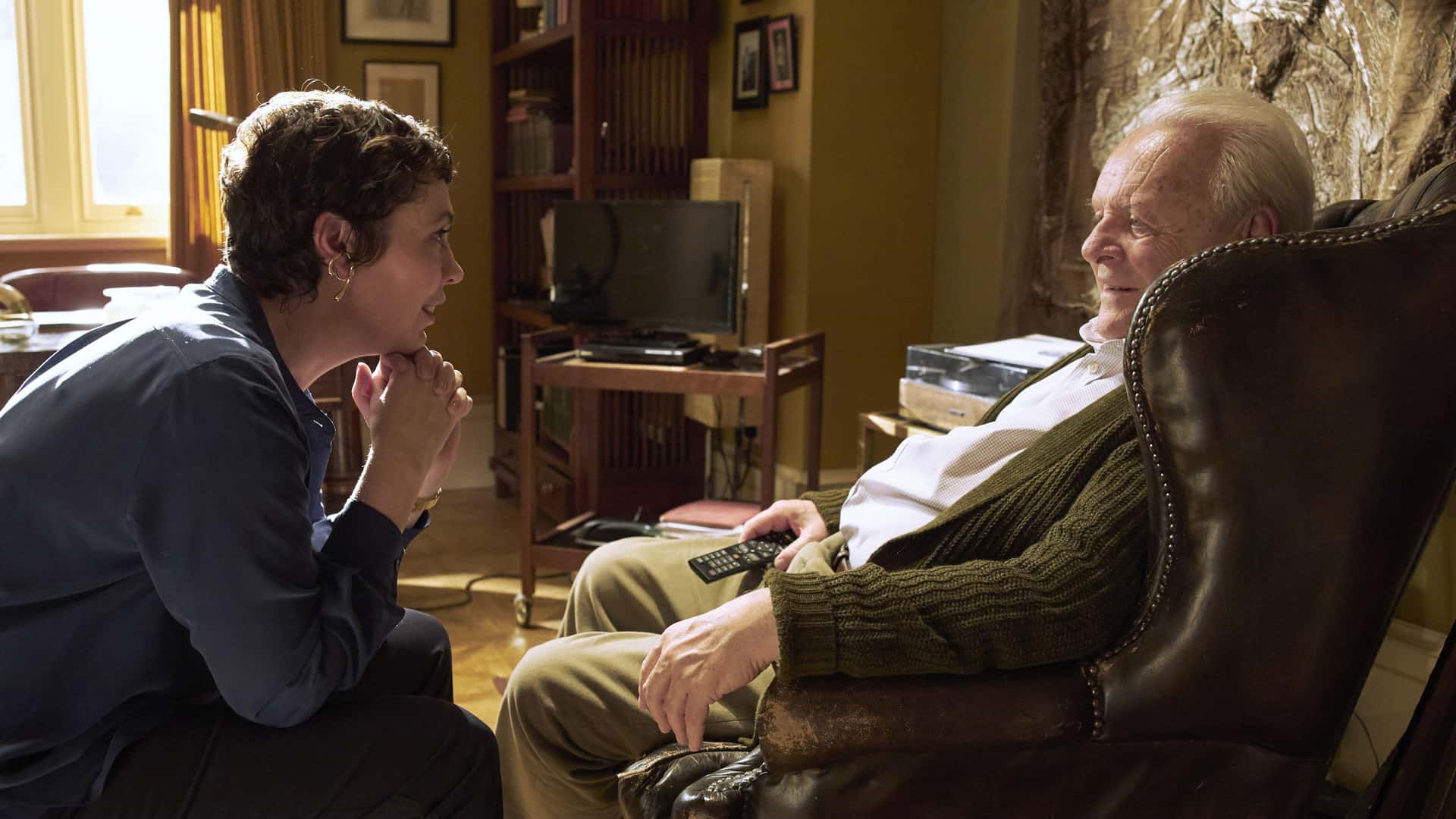
Additionally, Olivia Colman always acts on par with him as his daughter Anne. She, too, must ride this roller coaster while attempting to maintain a stiff upper lip in a scenario that is rapidly disintegrating. When their dad says something insensitive and hurtful, she will try to smile through the tears or wince just a little bit while still maintaining her composure. Insofar as Zeller will let us have a guide, Colman is excellent.
However, Anthony is the major lens through which we view the world, and this looks to be a really tranquil perspective. He is enjoying a good afternoon listening to opera in his roomy, elegantly furnished London apartment when we first catch sight of him.
But shortly after, Anne calls to say hello and lets him know she’s found someone and is relocating to Paris for a relationship with him. His tone abruptly shifts, and he snaps out of it: “You?” he exclaims incredulously. Are you saying a man? Later, when the revelations’ long-term implications sink in, he expresses even more hurt.
Also Read: Fatherhood (2021) Confirmed: Coming To Netflix In The June Of 2021
2. Kramer Vs. Kramer (1979)
It begins miserable marriage full of pride and egoism and ends with two single people who have both learned important lessons concerning how they wish to behave. Their first-grader Billy is a child caught in the middle, although this movie is really more about the troubles of the parents than Billy’s.
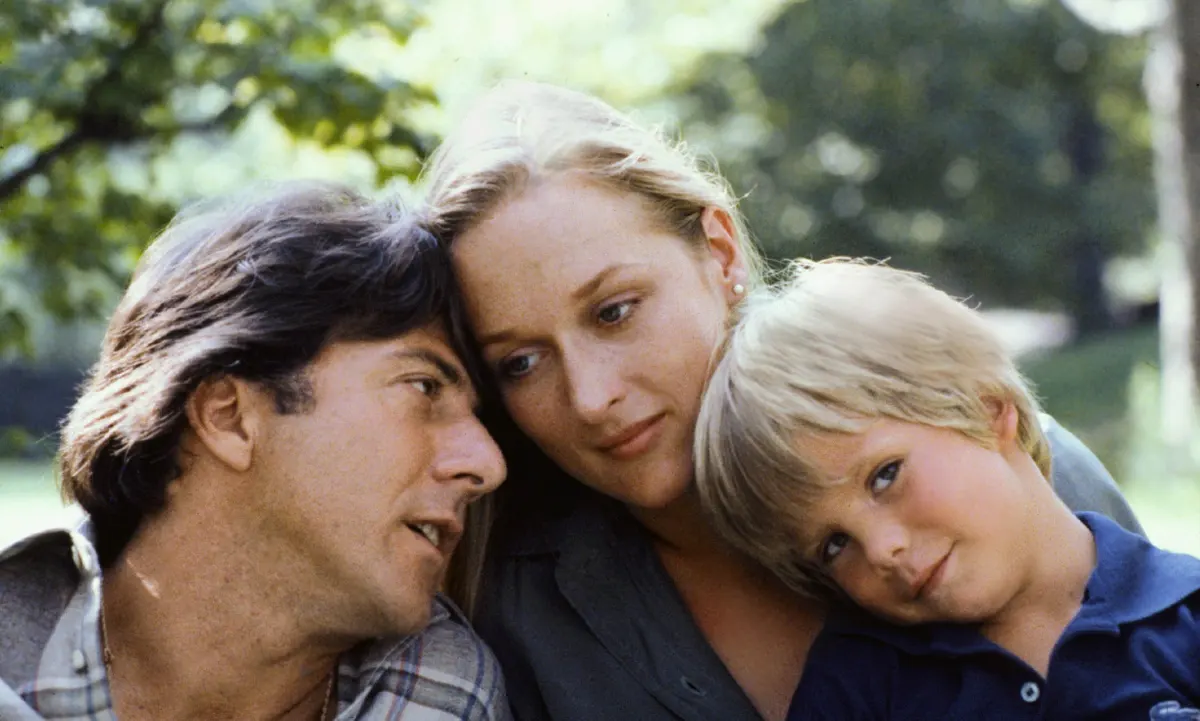
This is the situation. Dustin Hoffman plays an obsessive advertisement executive in the film who is so preoccupied with the new account that when his wife comes home and says she’s leaving him, he hardly acknowledges her and doesn’t consider her seriously. However, his wife (Meryl Streep) is leaving. She claims that she needs some time to rediscover herself and the unrealized self that she left behind prior to she entered the marriage.
In the course of the film, Streep is absent while Hoffman and the child come to know one another, and Hoffman’s responsibilities as a parental figure culminate in his termination from the ad agency. These scenes contain some of the movie’s most moving moments. The movie’s writer and director, Robert Benton, has given his characters dialogue that seems eerily accurate for every day, but he and Hoffman apparently opted to employ improvisation in the case of the child (the little actor is named Justin Henry).
Also Read: Best Meryl Streep Movies To Watch (Ranked From Best To Worst)
3. Smiles Of A Summer Night (1957)
The “Faithless” chapter of his moral autobiographical was its finale. It tells the tale of an elderly man who invents a fictitious character (played by Lena Endre) to assist him in reliving awkward and puzzling incidents from his past. He encourages her to assist him in reconstructing her past.
As she does, flashbacks show her having an affair and cheating on her spouse with David, the protagonist who is “Bergman” in his youth. Internal wheels. He wants her to identify her own adultery, the old guy says. Has she been provoked to sin? Did he mislead her? Did he lie to himself? She agreed with him that the film was autobiographical.
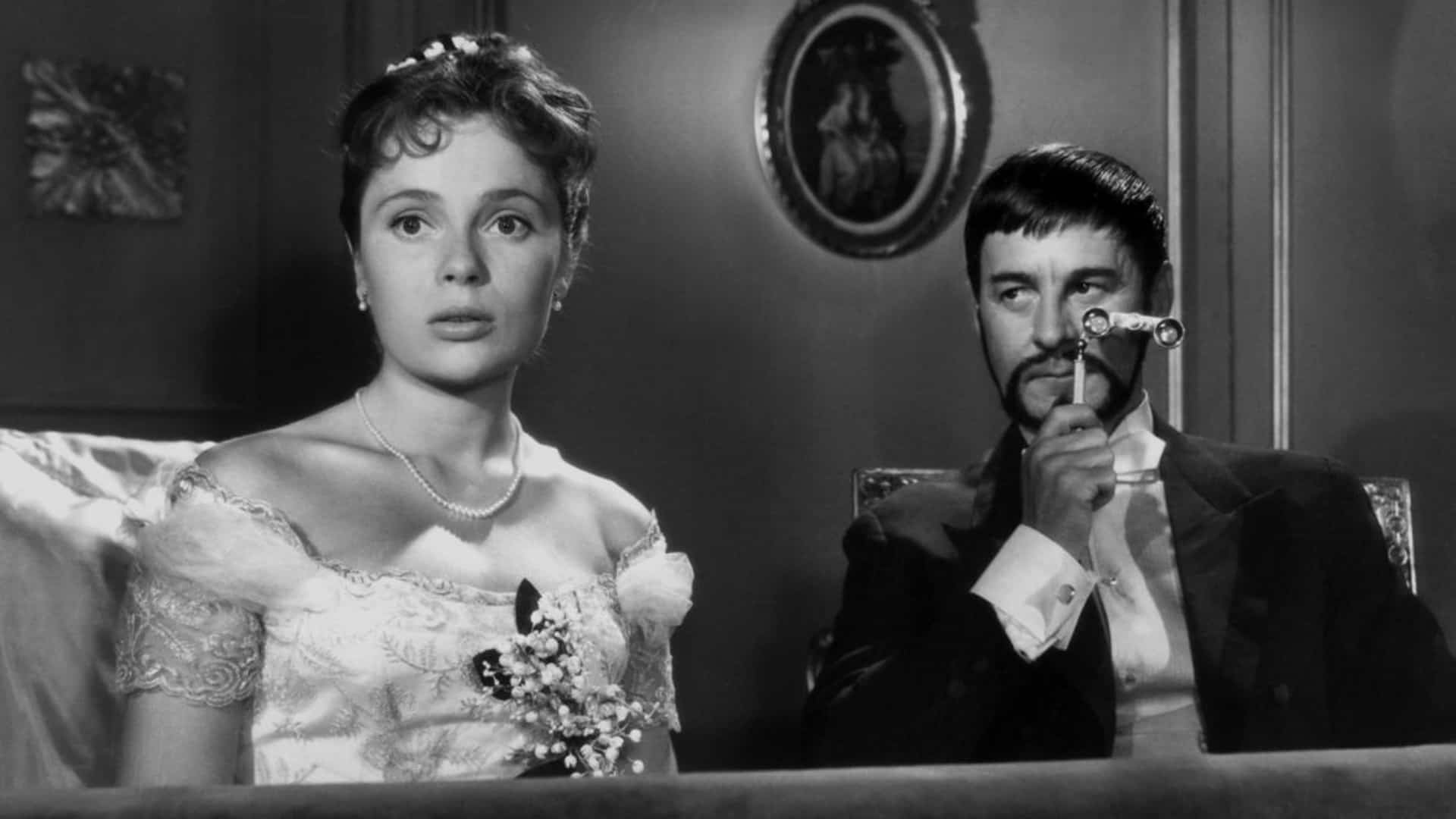
Maybe he views this tale as his life, and now that it has been told, it is done. If he ever writes again, it might be about unending love. He is unable to pardon himself. She advised him to forgive himself for betrayals he had made two years prior, but he responded, “I cannot forgive myself.” Because of this, I created a scene in which he transforms into his teenage self and consoles him, even though he cannot forgive himself old one. The subject of adultery is the entire movie. It’s a comedy, which is really for Bergman. Although it occasionally dabbles in screwball, it often opts to use the same verbal humor that Shaw and Wilde did.
On the journey into Desiree’s home, Fredrik trips and falls into a puddle, and she gives him the dressing gown that belonged to her present lover, Count Malcolm (Jarl Kulle). The Count himself shows in shortly after, demands a clarification, and mentions a duel. The Machiavellian Desiree plans for her affluent mother to host an evening of dining for all the characters the Count’s wife, Charlotte (Margit Carlqvist), since she is convinced that she is done with the Count, deserves back with Fredrik, and Anne deserves with an idealistic theologian.
Also Read: Grace Season 3 Review: Road To Another Mysteries
4. C’mon C’mon (2021)
His most recent album, C’mon C’mon, is possibly his most minimal to date. The film, which was shot in black and white, is centered on an unexpected road trip across America that finds the relationship that exists between a grandfather, radio journalist Johnnie, and his nephew Jesse. It’s a stylistic choice that softens the carnivalesque drama of New Orleans and adds a subdued sorrow to the joyful, palm-lined skyline of California in order to draw viewers into the movie’s contemplative Centre.
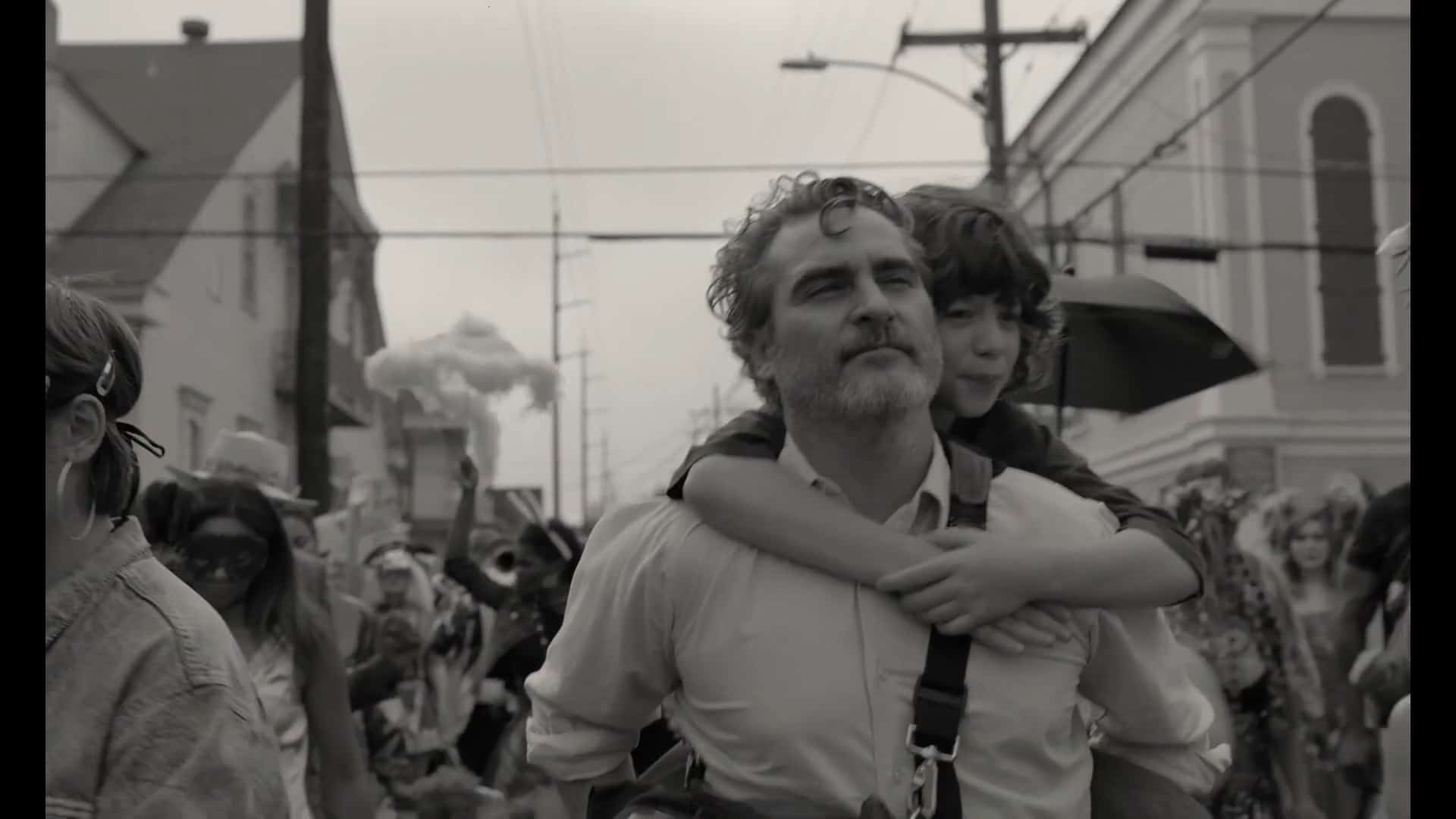
This movie is about understanding other people’s opinions—really listening to them. Johnny’s job entails interviewing children to learn about their future aspirations and concerns. Jesse, a nine-year-old with a quirky, endearingly strange personality, declines to be videotaped, instead engrossing himself in the sounds all around him.
And over a series of late into night phone calls, Jesse’s mother, Viv, and Johnny mend the fences that separated them following their mother’s passing. Unrestrained and varied, the music includes opera, Lee Scratch Perry, and Lou Reed’s Pre-Velvets novelty single, The Ostrich. In this case, sound and music are significant.
The film begins with Johnny traveling, which gives the images a jewel-like shine and a patina of inappropriate nostalgia. He is in Detroit looking for details for the children’s radio story. Now, speaking into a microphone while by himself in a hotel room, he cycles through his interview questions.
How do you picture the future whenever you think about it? He asks in his opening statement. He then proceeds to cities, families, and nature before asking, “What makes you happy?” The scene then concludes. In the course of the film, Johnny keeps pondering these existentially charged issues, and he eventually comes to his own conclusions from the development of his bond with Jesse.
Also Read: Movies Similar To The Adam Project That You Might Like
5. Nebraska (2013)
J James Foley asked his casting consultant to “go find me a Bruce Dern type” to play Uncle Bud, a major character in his critically praised neo-noir drama After Dark, My Sweet. Uncle Bud is a retired police officer whose friendly demeanor conceals an underlying madness.
A series of prospective players had been brought to Foley’s attention over the course of three months, but each fell short of the mark because none of them had the right combination of sparkling intensity and barely restrained madness. Finally, the casting director offered an idea out of frustration: “Why fails to you find Bruce Dern?”
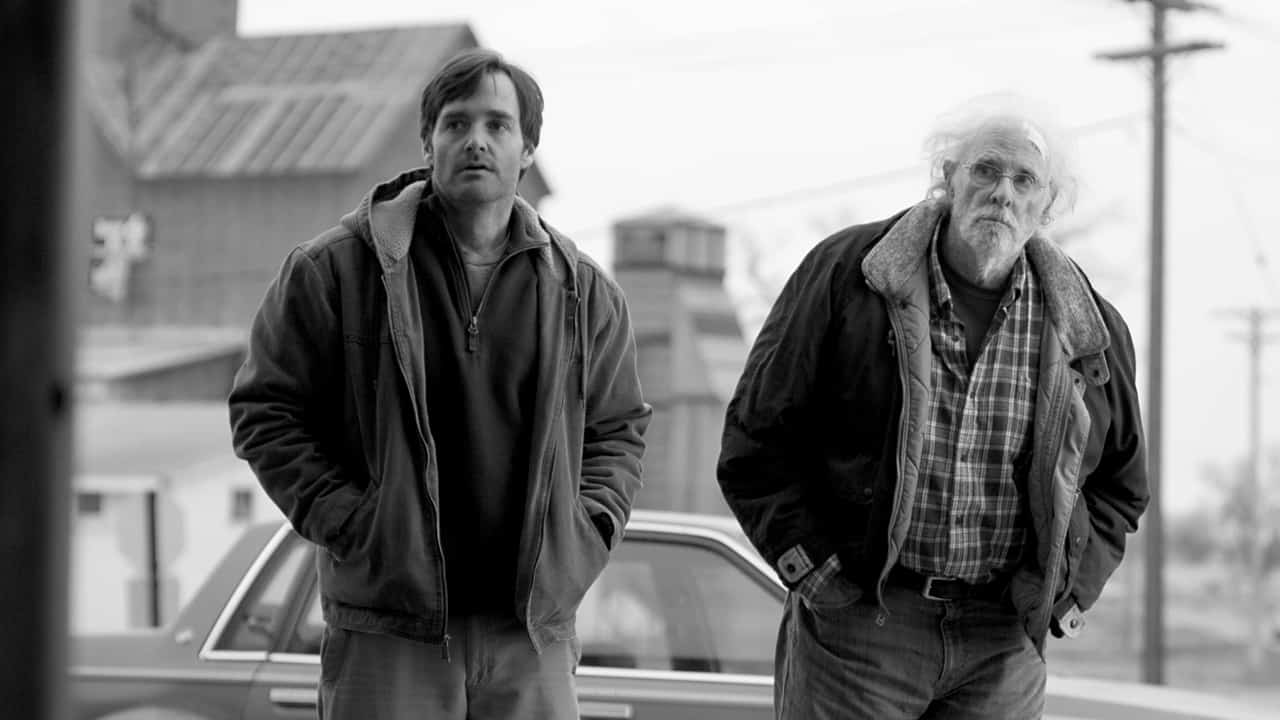
Dern had earned a reputation in the 1960s and 1970s as a supplier of wild-eyed rebels, unsettling husbands, and deranged villains after working with directors like Alfred Hitchcock, Elia Kazan, Bob Rafelson, Roger Corman, and Hal Ashby. When he played the protector of Earth’s last woods, he managed to smash up two men and kill somebody with a shovel.
He received an Oscar nomination in 1979 for the supporting role he played in Coming Home. Dern’s popularity declined in the 1980s despite a solid performance in That The tournament Season. With the 1990 film After Dark, My Sweet, which was written especially for his dangerous screen personality, Foley helped to put him back on the map.
Woody is first shown stumbling up the highway on his bow-legged, stumbling through traffic, and seemingly determined to walk the 750 miles to claim his prize. After being brought to his hometown by the police, Woody immediately embarks on his trek once more, despite the protests of his family that there is no pot of gold at the end of this mail-marketing swindle.
When Woody’s assaulted son David ultimately determines it’s safer to merely drive the old fool to Lincoln, they start out on their journey. However, they stop in Hawthorne, which is where Woody used to live, because a careless comment about what they were doing made him the target of local rumors, fame, and invariably greed.
Also Read: 25 Best Kelly Reilly Movies To Watch
6. Beautiful Boy (2018)
The action in this film begins right in the middle. The son of our main character, David Sheff (which is performed by Steve Carrell of The Office fame), has vanished, putting David under immediate stress as he tries to figure out what happened. His greatest nightmares come true when his son is discovered because Nick shows evidence of drug use. As a result, Nic is admitted to a recovery facility by David, where it is discovered that Nic has been using crystal meth. However, after being enrolled in a halfway home, he appears missing at the treatment.
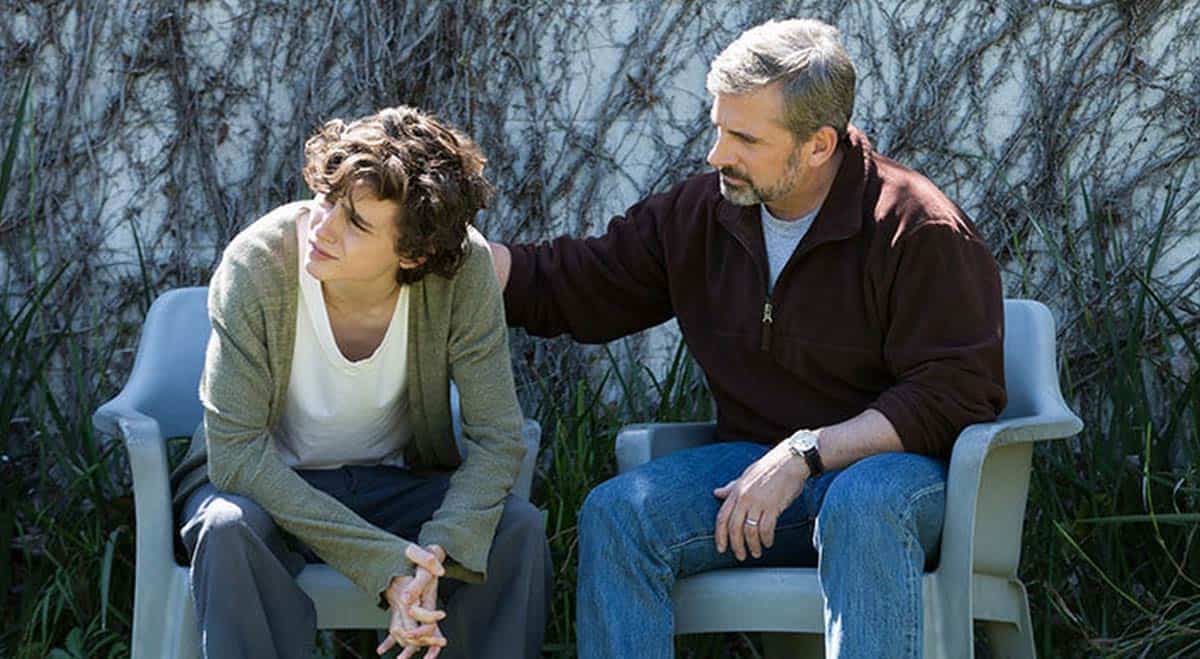
When Nic leaves treatment, it appears like the crisis is over. David grants Nic’s request to attend college so that he can pursue his passion of becoming a writer because Nic first appears to be a kind person.
Nic even finds a girlfriend (who he recognized because she was featured in a Disney Channel show a long back), but when he starts using heroin, he loses the beautiful life he has built. When his son returns home for a visit, David notices the drug-related changes in his son and tries to step in, but turmoil results.
The diner scene, where Nic contacts his father to ask for money to travel to New York City, serves as the story’s climax. Because Nic has not previously been this aggressive on screen and because most of the changes have occurred off-screen (such as his losing his girlfriend, likely pulling out of college, etc.), it has taken until the present moment for viewers to clearly observe the effects of the drugs on Nic’s mind. He explodes in front of everyone because his father won’t give him funding for the drugs, which shocks the viewer.
Also Read: 37 K-Drama Like Tale of the Nine-Tailed To Watch [Updated 2023]
7. This Boy’s Life (1993)
This Boy’s Life, written by Tobias Wolf, is based on his autobiographical memoir about growing up in the 1950s with his divorced and seemingly carefree mother, Caroline. Let’s board a boat to Bermuda/Let’s take a commuter train to St. Paul the president of the Board plays the opening shots of the film pan across Monument Valley.
Toby and his mother are on a fool’s errand of prospecting for uranium in Utah in a breakdown automobile after just running away from a violent lover on the East Coast. One fantasy keeps giving way to the next until Toby and Caroline arrive in Seattle, where Caroline has run out of options and is no longer inclined to just pick up and leave.
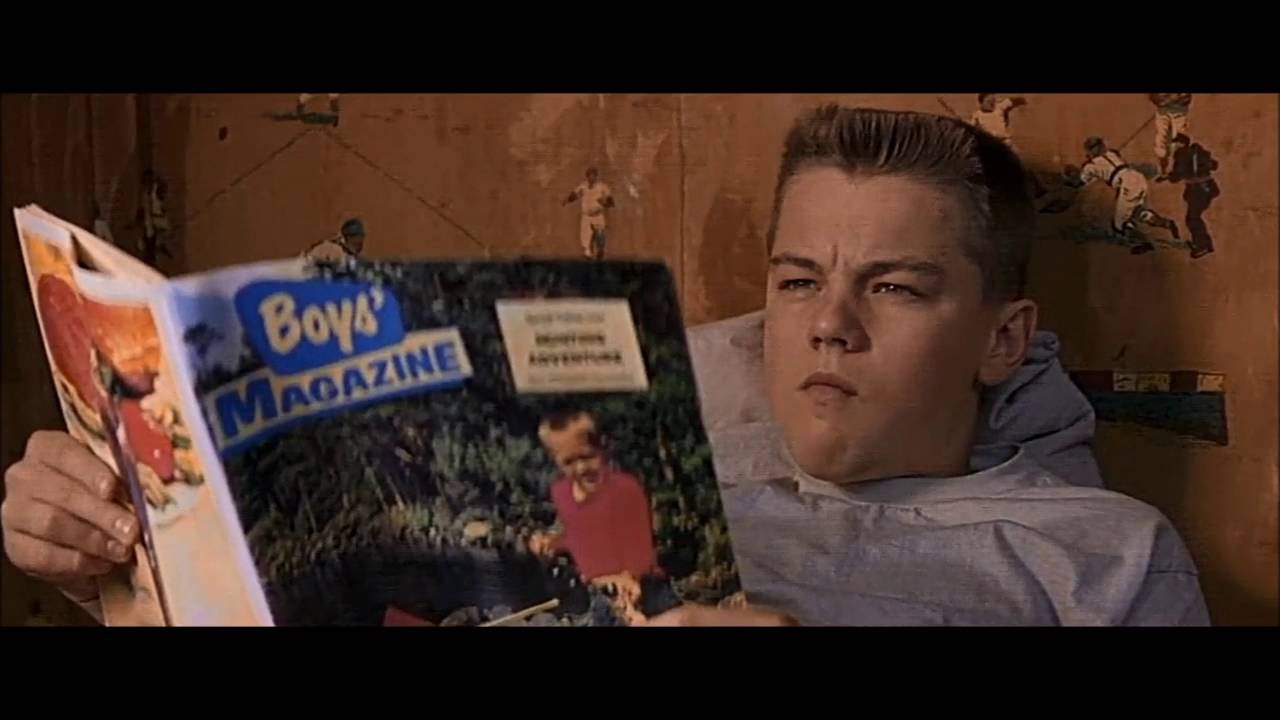
So, when a decent Joe called Dwight from Concrete, Washington, offers to marry Caroline and help raise her son Toby, who is a teenager who is becoming more and more of a troublemaker, Caroline accepts his offer. The second theme of the film is introduced at this point: Toby’s urgent yearning for a father is unluckily matched by Dwight’s depraved mind tricks.
Underneath Dwight’s upright persona, which includes some conceitedly hilarious gestures, is a borderline schizophrenic who would eventually turn out to be Toby’s worst enemy. (Curiously, the only scene in the film that is not portrayed from Toby’s perspective shows Dwight humiliating his wife Caroline in public on the night before their wedding.)
All of the talents in This Boy’s Life are excellent, but it’s at this time in the narrative when famous actor De Niro steps in, and things start to change so that the antagonist of the story starts to hold more interest than the heroes.
Barkin’s Caroline, who at first seemed to be such a wonderful, free-spirited character from the 1950s, gets lost in the chaos and becomes a supporting cipher. Director Caton-Jones (Scandal, Memphis Belle) exhibits his talent for historical accuracy more, but he never fully grasps the complexity of human drama in this film.
Also Read: 38 Movies Like Missing That You Can’t Miss
8. Fences (2016)
The plot, nonetheless, takes set in Pittsburgh’s lower middle-class black ghetto in the mid-1950s, which is three decades earlier. When you watch it today in the imposing and passionate film adaptation directed by its star, Denzel Washington, it’s almost like you’re watching a work from a bygone era, similar to “The Raisins in the Sun” mixed with “Death of a Salesman.”
Long portions of the film benefit from that little time jump; “Fences” is an agonizing family drama created from an exotically antiquated notion of fate. The movie “Fences” is not frequently timeless, even if the work of Wilson’s play is.
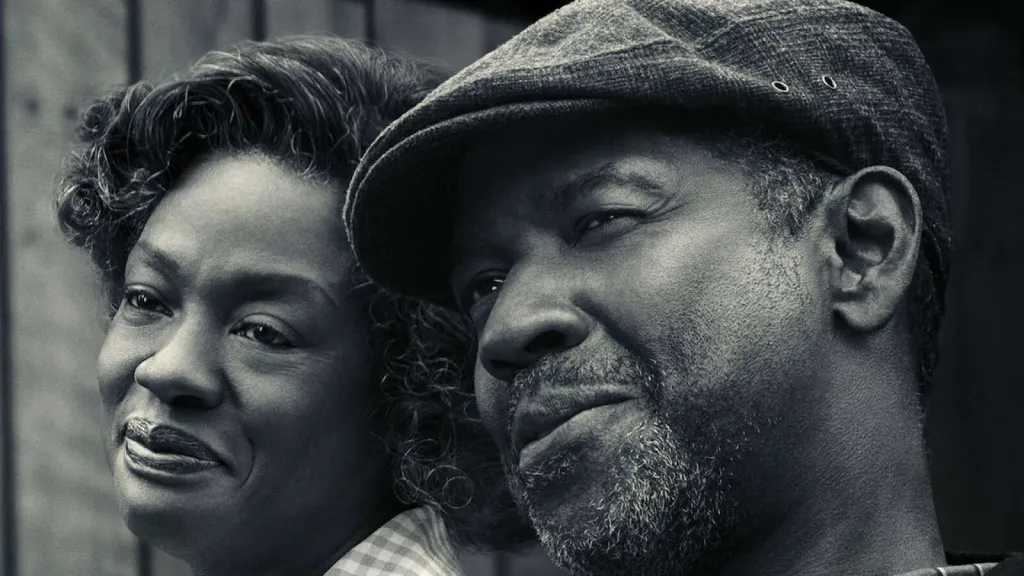
Troy Maxson, the main character, is a worn-out patriarch possessing a backbone of pride that governs and defines him. When we first meet Troy, he appears to be a happy and composed man. Following his Friday shift, he heads home to ring in the week’s festivities the same way he regularly does: by sharing a pint of brandy with his seasoned co-worker Bono. He’s been united in marriage to Rose for a decade and a half, and their back-and-forth mockery shows how much they love one another.
Troy was once a standout in the Negro Leagues and a professional baseball player, but it was his fate to be born several decades before Jackie Robinson. He has never achieved fame or money through baseball.
Therefore, he finds it difficult to believe that more people can now play the game. His complaint is based on an honest view of the past’s racism, but it’s also based on the egotistical rage of the man himself when he dismissed the new black players—and Robinson himself—with an unjust harrumph.
Also Read: 34 Movies Like Greenland: Apocalyptic Disasters That Will Keep You On Edge
9. Broken Flowers (2005)
The silence is fitting because Don Johnston, played by Mr. Murray, appears to have reached a moment of stasis at the beginning of the film. In his sizable, well-created suburban home, Don is seen lounging on the couch. Sherry, his most recent girlfriend, is right now breaking up with him, and Don is reacting to the situation with what seems to be apathy rather than resignation (Julie Delpy).
He has a large television, modern furnishings, and a Mercedes car around him. He also has plenty of money because, before retiring, he was a computer entrepreneur of sorts. Movie psychoanalysis can imply that Don suffered from depression.
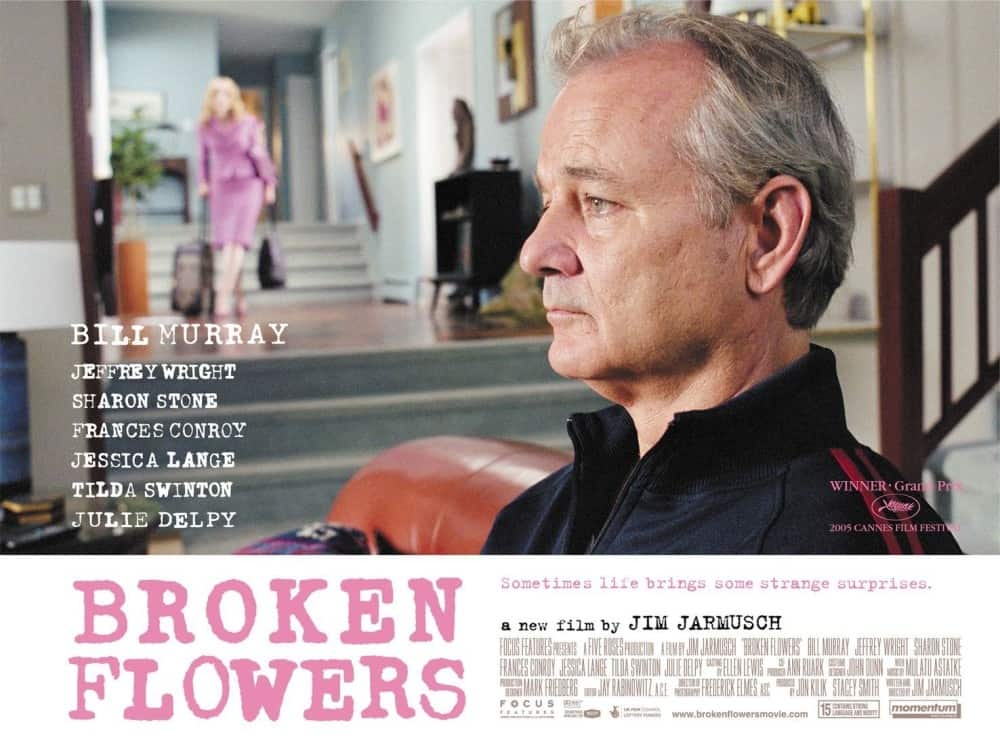
Although Winston (Jeffrey Wright), Don’s neighbor, has alternative ideas, Don’s initial reaction is to do absolutely. Don’s pal Winston is essentially the opposite of him. He is a productive family man with a wife, five children, and three jobs, unlike the lazy bachelor next door. A bit of an impromptu sleuth, Don is sure that with the right leads and investigative techniques, he can uncover the identity of the mother of his purported son and the gaps in his own past.
Don departs in order to have a brief interaction with the four ladies, played by Sharon Stone, Frances Conroy, Jessica Lange, and Tilda Swinton, whom he once knew. He finds many pink artifacts, including a cell phone covered in jewels, basketball hoops that would create the existence of a male child, a device sitting on an untidy piece of lawn, and more puzzles.
He arrives in a car with a bunch of flowers to varying degrees of greeting. He experiences warmth and a roll in the hay for nostalgia’s sake at one place, but awkwardness, distrust, and even a punch to the face await him at other homes.
Also Read: 50 Best Journalism Movies To Watch
10. About A Boy (2002)
He plays Will, a 38-year-old single man in “About a Boy,” who has never had a job or a romance that lasted more than a few weeks. He is happy living this way. He clarifies that “It was the highlight of the Will Show. It wasn’t an ensemble piece of drama. His life’s work is to date, attractive women.
He gives them that Hugh Grant smile of self-loathing and admits that, well, he accomplishes nothing whenever they ask him what he actually does. Not even one good thing. He makes a respectable living off the royalties from his late father’s 1958 hit song “Santa’s Super Sleigh,” from which he now inherits. His London apartment resembles a Toys for Big Boys shop.
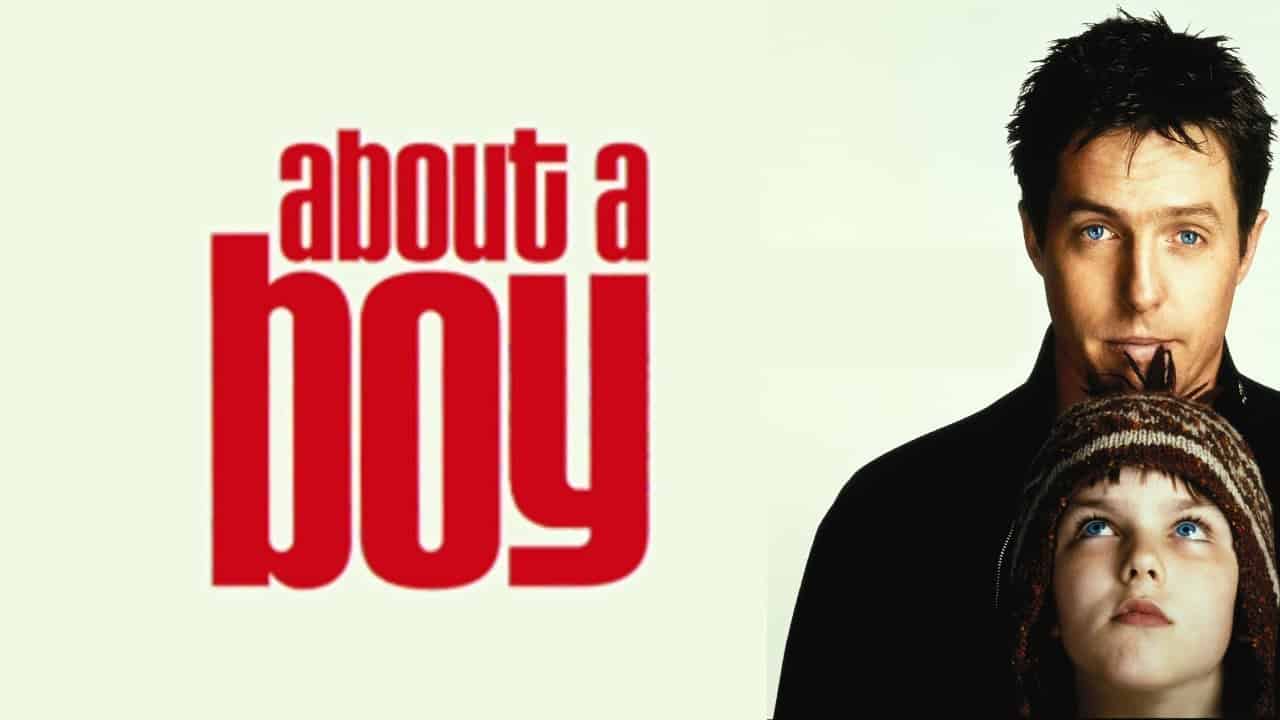
The plan is flawed since single mothers almost always give birth to children, and Will learns that whilst they would make a terrible spouse, he would make a fantastic father. Marcus (Nicholas Hoult) enters Will’s life because, of all; it takes a kid to teach somebody older how to be a parent. Will is dating Suzie, a single mother whom he met at the Single Parents, Alone Together support group. He brazenly alleges that his wife left him alongside their 2-year-old son, “Ned.”
Marcus, the son of Suzie’s friend Fiona (Toni Collette), visits the park one day. Marcus, who has a round face, sad eyes, and bangs constantly, the kind that makes him the target of schoolyard taunts, has already been introduced to us.
Marcus is older and melancholier than his years due to his mother’s sadness. Will finds himself embroiled in a trip to the hospital and other events when Fiona attempts to poison one day, and Marcus determines that Will deserves in his life whether or not Will is aware of it or not.
Also Read: 50 Best Comedy Superhero Movies Like The Boys TV Show
11. Leviathan (2014)
Marcus, the son of Suzie’s friends Fiona (Toni Collette), visits the park one day. Marcus, who has a round face, sad eyes, and bangs constantly, the kind that makes him the target of schoolyard taunts, has already been introduced to us.
Marcus is older and melancholier than his years due to his mother’s sadness. Will finds himself embroiled in a trip to the hospital and other events when Fiona attempts to poison one day, and Marcus determines that Will deserves his own mortality whether or not Will is aware of it or not.
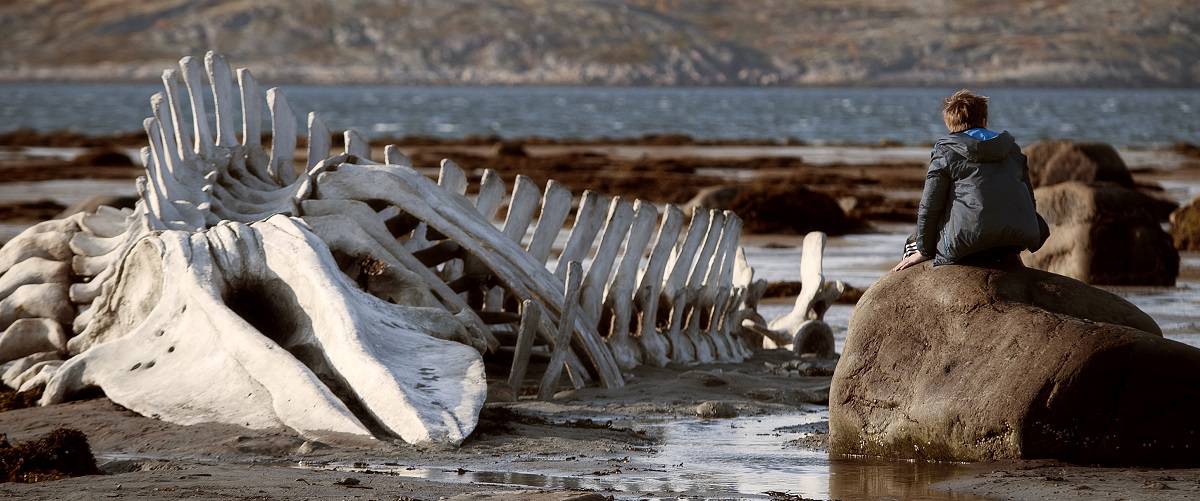
The court is the first destination, where a clerk gives off a list of bad news quickly. From “The Return,” which won the 2003 Venice Film Festival, to “Elena,” which was for Un Certain Regard in 2011, Zvyagintsev has meditatively kept certain shots till the very end of his patience.
With the exception of this protracted courtroom proceedings scene, which he uses for ridiculous humor (a la Romanian satire “Police, Adjective”), and a few complicated driving scenes (reminiscent of Turkish sequential “Once Following a Time in Anatolia”), “Leviathan” typically moves more quickly, covering a lot more ground every chapter of its tightly woven narrative.
After their appeal is rejected, Kolya and Dmitri move up the bureaucratic ladder only to be disregarded by the judge and prosecutor, who blatantly follow the mayor’s orders. The crooked police department and probably even the local Orthodox Christian church are no exception. However, Dmitri has a secret weapon. When official routes are unsuccessful, he arranges a meeting with the mayor and threatens to use the evidence in a binder to make “a thriller with you in the lead.”
Also Read: 30 Movies Like Notting Hill And Better
12. The Kid with a Bike (2011)
With their most recent picture, the Dardenne brothers evoke memories of their own prior works as well as De Sica’s 1948 masterpiece Bicycle Thieves. While the father and son of De Sica walk the town accompanied by their bicycle, which is taken, the son of the Dardennes searches the town in search of his father and his bicycle, which is also stolen. And exactly like in De Sica’s movie, nobody thinks to secure the bike or suggests locking it because things are so chaotic.
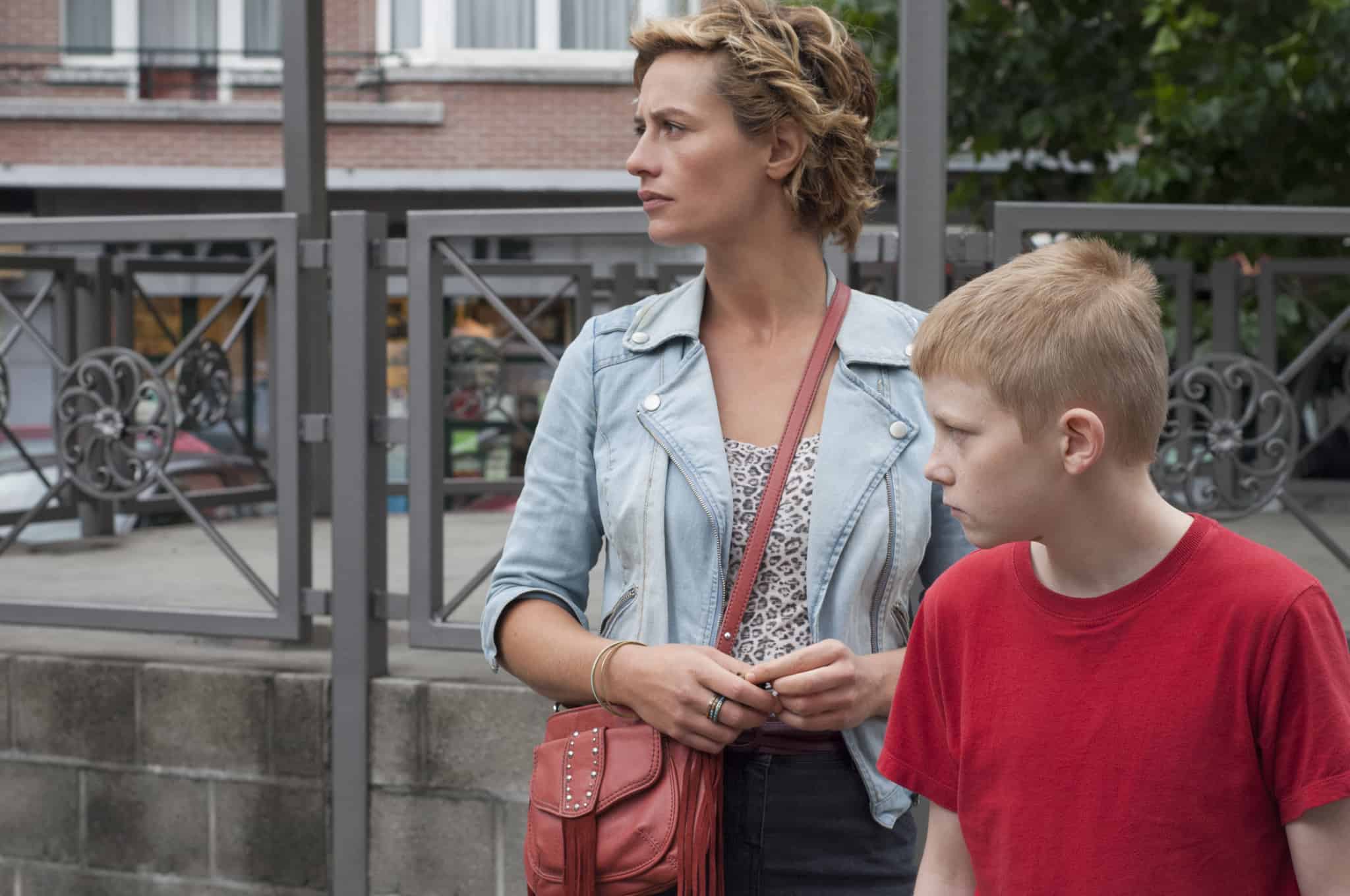
The social-realist key fingerprint of C major is used in this moving, straightforward picture, which revisits the filmmakers’ timeless themes of parenthood, trust, and love. Though the directors skirt over the harsh realities of criminal assault, it tells a lot of stories in its short length of time.
Cyril, a 10-year-old in foster care who is infatuated with the concept that his absentee father Guy (Jérémie Renier) has preserved a bicycle for him and still needs to be with him, is played extremely well by newcomer Thomas Doret. In reality, this careless slacker only wants to get rid of the kid.
Cyril ignores all the sad, obsessional signs that his parent doesn’t care for him. Cyril is taken in by a caring hairdresser named Samantha (Cécile de France) on weekends, but because he lacks a father figure, he ends up falling for the devious allure of a nearby drug dealer.




